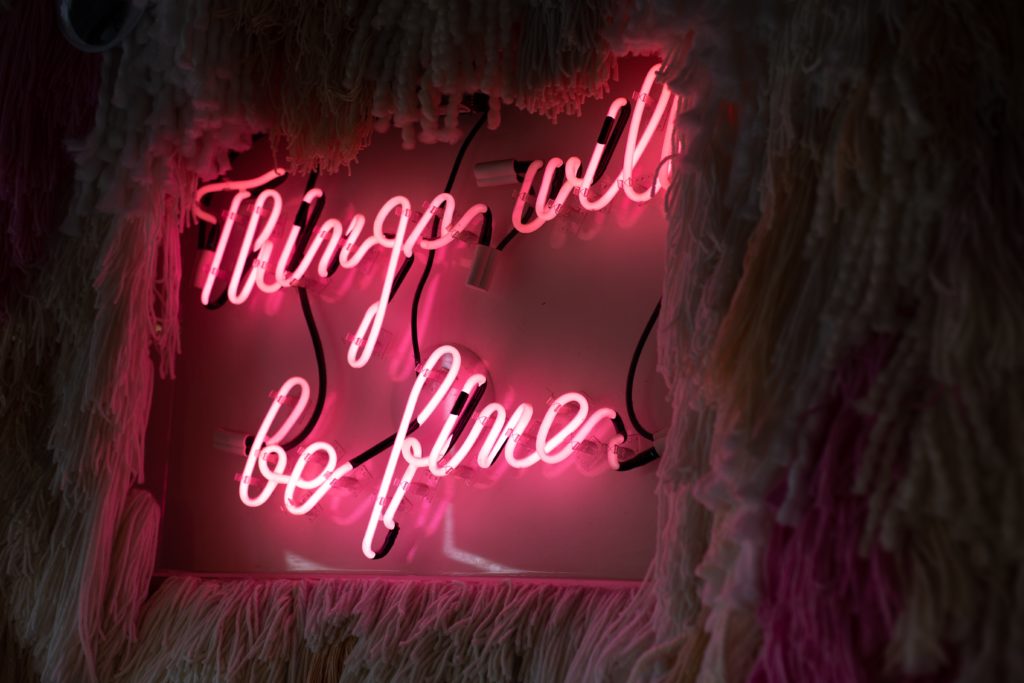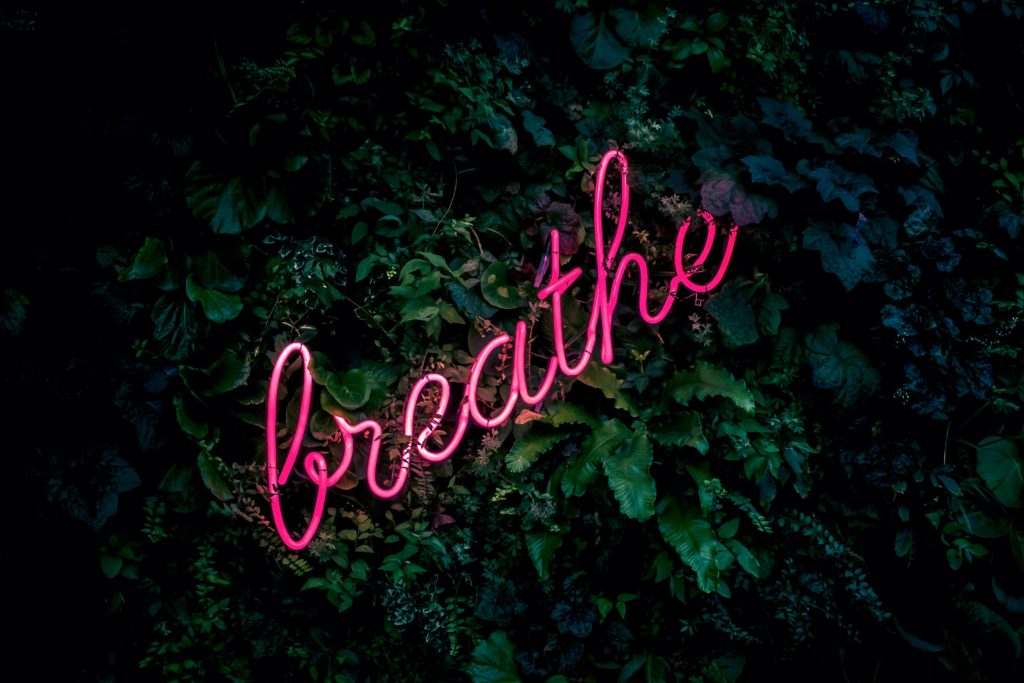
Inside a *pretty dire* uni therapy session during the pandemic
I can’t deal with the PAUSES
In 2021, 88 per cent of young people said the pandemic had worsened their mental health – and the same group of people were hit the hardest by loneliness, according to a survey launched by Mind.
As ever, people often forget about the wellbeing of students and graduates when it comes to speaking up about mental health – despite the ongoing crisis affecting this demographic. NHS mental health resources are severely underfunded, leading to year-long waiting lists and a limit of around six sessions per person. Many students (and fresh graduates, depending on how generous their universities are feeling) are left with only free uni resources to turn to.
Some may say Blue Monday is about as effective as rainbow-washing a bunch of brands during pride month. The reality is, holiday companies hired a psychologist to coin the term in order for them to push all-inclusive packages to office workers. Among countless spicy takes and salty opinions, though, it probably doesn’t do any harm as a standalone mental health awareness day.
With just three months to go until my final dissertation due date, Britain was plunged into the global pandemic we all know and love today. Feeling useless with no higher support, money, face-to-face contact with friends or jobs to be had, I decided to start a series of sessions with my uni counsellor. This is how it went:
The counsellor was really friendly
I won’t lie, he had this beautiful, soothing speaking voice which helped put me at ease. He was incredibly soft spoken and I didn’t feel as if he was judging me at all. I talked him through every dust-ridden corner in my life – even the parts I didn’t find problematic. We covered friendship, dating, jobs, careers (sorry but they’re two different things), family and loneliness during our conversations.
Everything happened over the phone
I don’t have social anxiety, but I do find it hard to communicate with people when I can’t see their facial expressions. I never knew whether I was talking too much or too little, and I couldn’t come to my own conclusions about my problems because I was too in-my-own-head about how much waffle was coming out of my mouth.
Simply put: The sessions were so stress-inducing I probably would’ve been better off just writing everything down in a journal.

Photo via Unsplash
I struggled to fill the 45 minutes
The counsellor would let me talk, and talk, and talk. But there wasn’t a whole lot of advice being fed back to me. Once my throat was hoarse and my head was clear, I still had 15 minutes to fill before the end of my call. Part of me thinks I should’ve just said “I’m done now, bye.” But I was *literally* in therapy to tackle my problems with assertion – how’s that for a catch-22?
We did quite a bit on my ‘inner child’
“What would your inner child say if she knew you were feeling shit about struggling to find work?” To be honest, mate, I think she’d probably say “fair enough.” Sometimes the inner child thing works for people – which is great, therapy is supposed to be unique to everyone. But something about it feels very pop psychology, and not something I’ve personally experienced on the NHS.

Photo via Unsplash
There wasn’t a lot of validation going on
We were both trying to figure out which one of us wanted to talk the whole time. Sometimes I’d start talking and he’d talk over me; sometimes vice versa. Occasionally we both did the spoken word equivalent of when you accidentally walk into someone, then they move to the side, and you move to the same side, and you spend at least a week thinking about it afterwards. The sheer amount of verbal gymnastics going on meant there wasn’t a lot of room to fit in words of wisdom from the counsellor.
There were no big life revelations or uncontrollable sobbing
The epiphany never came, sadly. Sometimes I’d just angrily rant as if on a call with my friend, getting more and more fired up about things I found irritating. People do cry in therapy – and others just don’t. Either way, there is no “right” way to talk through your feelings. Your experience is completely individual to you.

Photo via Unsplash before edits
I picked up a couple of things along the way
So, I’m probably never going to cite these sessions as the making of me. There was no Miss Congeniality-style transformation or spiritual awakening. But my counsellor made me feel a little less scared of confrontation, which was a pretty big step for someone who cries whenever she’s shouted at.
Would I go through phone counselling again? Probably not. It felt very disconnected, a little bit like amateur hour. Was it a terrible experience? Also no. At the end of the day it was a free service, and you get exactly what you don’t pay for.
It was only six sessions
As ever, my allowance was six sessions only. By the time my sessions were up, I’d found a full-time retail job and enough new friends to distract me from pandemic sadness. But it just isn’t enough for students and graduates who genuinely struggle with more complex, deep-rooted problems.
Uni counselling isn’t designed to be a permanent solution, granted. But for those struggling with finances and more pressing mental health issues, it can be their only lifeline. Next mental health awareness day, let’s do something to acknowledge the student mental health crisis, rather than blue-washing brands and pretending to care.
If you or someone you know has been affected by this story, please speak to someone or contact Samaritans on 116 123 at any time. You can also contact Anxiety UK on 03444 775 774, Mind on 0300 123 3393, and Calm (Campaign against living miserably) on 0800 58 58 58.





















